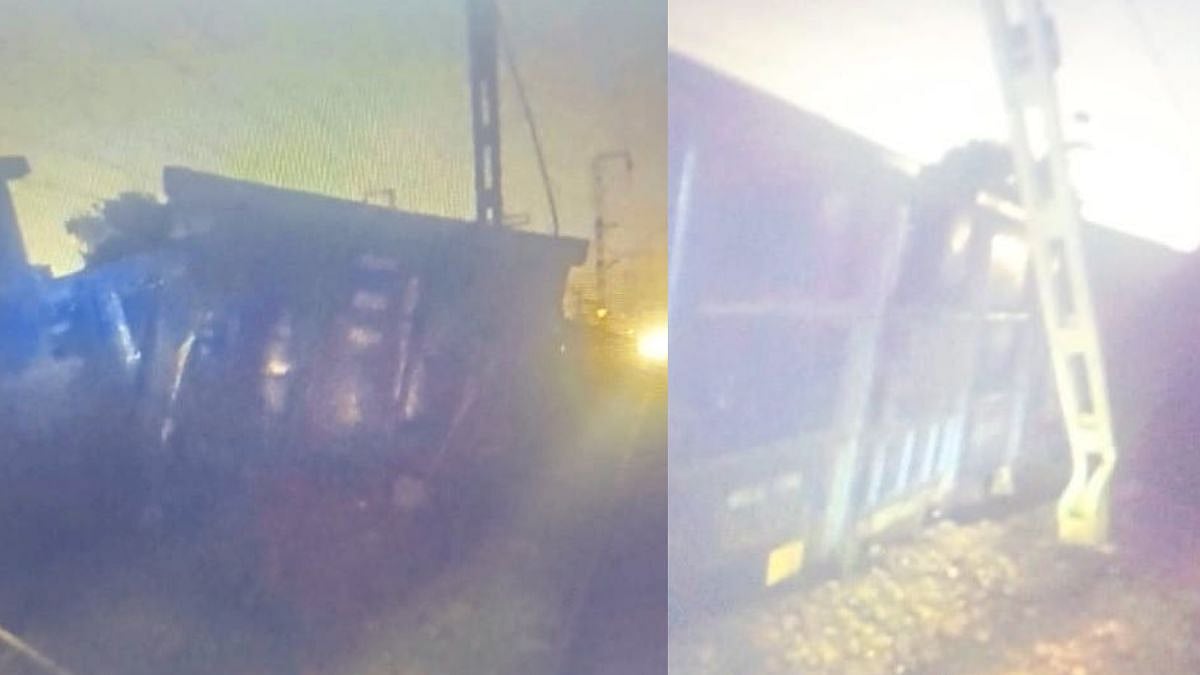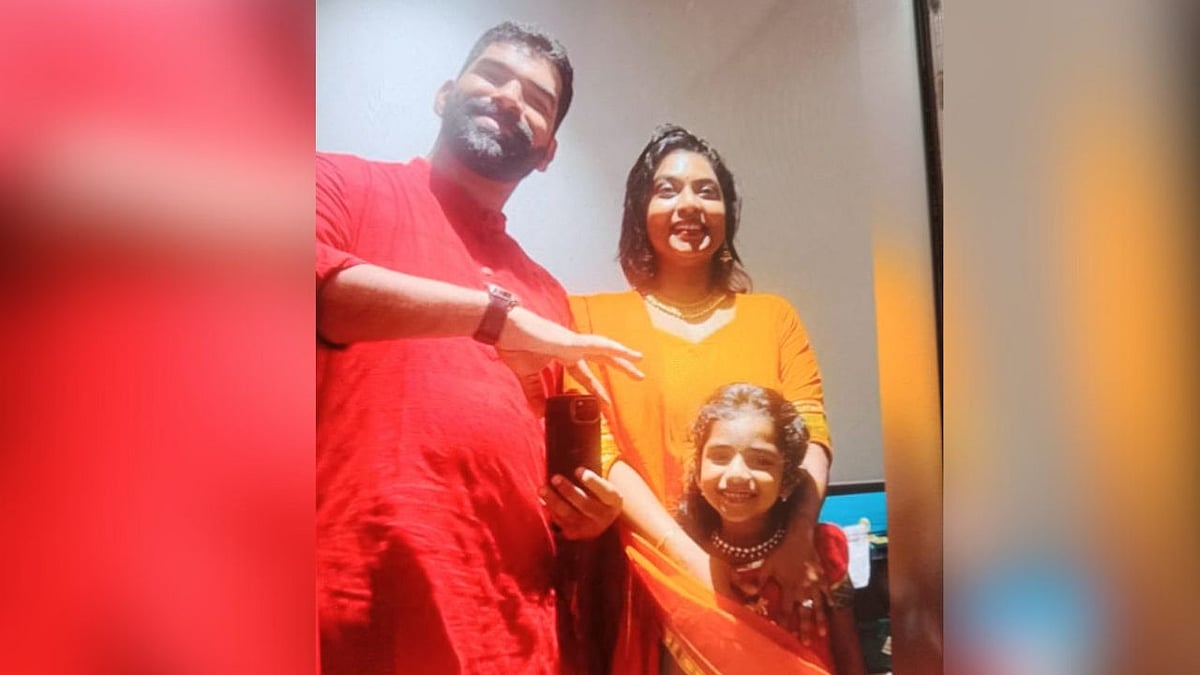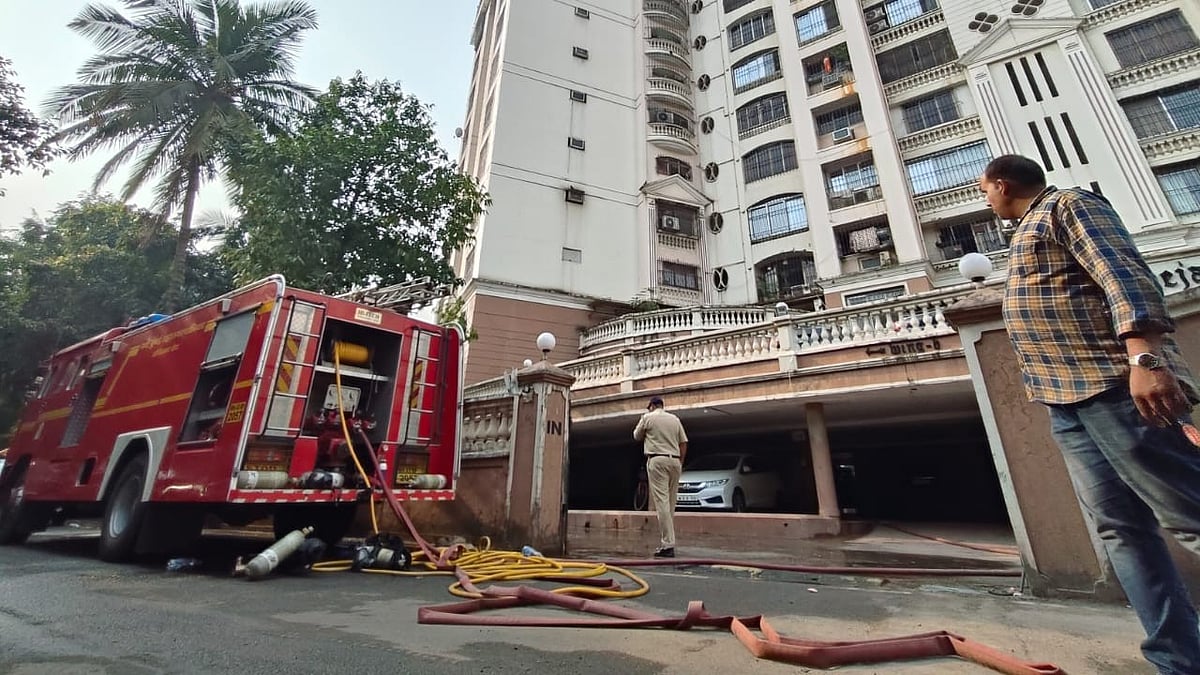Reversing an externment order against a 50-year-old woman, the Bombay High Court observed that the issuing authority’s order lacked a crucial element stating that witnesses were hesitant to come forward and provide evidence against her due to safety concerns.
Justice Sarang Kotwal recently quashed an externment order issued against Anuradha Salve, who is facing seven cases, including six non-cognisable offences such as child sexual abuse and extortion. Salve, who claims to be a social worker, said that these cases were filed against her by friends and family members of a man she had taken action against for peeping into neighbourhood homes in the Shahunagar area.
On July 14, Deputy Commissioner of Police, Zone V, issued the externment order after considering four cases registered against Salve between 2018 and 2022 at Shahunagar police station.
Salve challenged this before the divisional commissioner, Konkan Division, who rejected the same, following which she approached the Bombay High Court.
Her advocate Ganesh Gupta argued that the externing authority did not record the required subjective satisfaction, as mandated by law, and that witnesses were unwilling to testify against the petitioner.
Under the Maharashtra Police Act, two essential conditions must be fulfilled before an externment order is passed. The first condition is that the person must be involved in the commission of offences involving force or violence, or about to be involved in such offences. The second condition is that, in the opinion of the competent authority, witnesses are unwilling to come forward and testify in public against the person due to apprehensions about their safety or property.
Considering the arguments, the Bombay High Court quashed the externment order issued against Salve.









